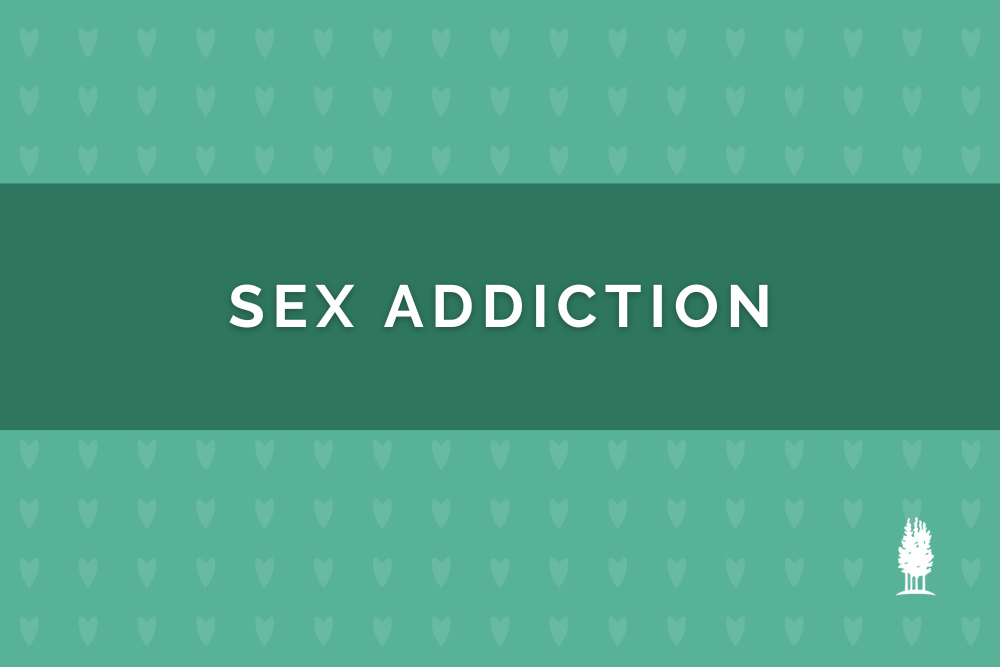While it’s natural to have a healthy libido and want to physically bond with your partner, hypersexuality can harm your relationships and disrupt other aspects of your life. Compulsive or obsessive sexual behavior can significantly interfere with your daily responsibilities. You may have a sex addiction problem if you can’t control your impulses, despite experiencing multiple negative repercussions such as legal and financial issues.
What Is Hypersexuality?
Sex addicts experience overwhelming cravings for sexual stimulation that may make them neglect other obligations so they have more time to engage in activities like these:
- Prostitution
- Watching pornography
- Masturbation or sexual fantasies
- Exhibition or voyeurism
The compulsions involved with sex addiction are similar to the urges people with substance use disorders have to drink or use drugs. These activities become addictive because they affect the brain’s reward center, releasing a flood of a neurotransmitter called dopamine. Though the increased dopamine makes you want to have more sex, you will eventually reach a point where you can’t feel satisfied or fulfilled.
Sex Addiction Symptoms
Hypersexuality can manifest in many physical and emotional ways. Here are some sex addiction signs that can indicate a problem.
- Obsessive, intrusive sexual thoughts that distract you from work or family
- Seeking multiple sex partners and spending excessive amounts of time and energy on sex
- Feeling intense anxiety, shame, regret or guilt about your difficulty controlling sexual urges
- Prioritizing sex over other hobbies and activities
- Neglecting relationships with friends, families and partners
- Excessive, compulsive masturbation, including masturbating at inappropriate times
- Continuing to seek new partners, even if it means being unfaithful to a current relationship
- Experiencing health complications such as STDs
- Engaging in dangerous or illegal behavior like unprotected sex, exhibitionism or having sex in public
How to Get Help for Sex Addiction
Treatments for compulsive sexual behavior include approaches like cognitive behavioral therapy and attending support group meetings. In some cases, a doctor or psychiatrist might prescribe you medication to help you manage your symptoms.
Since 2004, Pine Grove has offered our internationally renowned Gratitude program for sexual addiction and relationship compulsivity, which includes comprehensive treatment based on the pioneering work of Dr. Patrick Carnes. This curriculum uses Dr. Carnes’ 30-task model and 12-step principles as its foundation, while integrating other evidence-based mental health therapies. To learn more about our sex addiction treatment and verify your insurance, contact us today.

